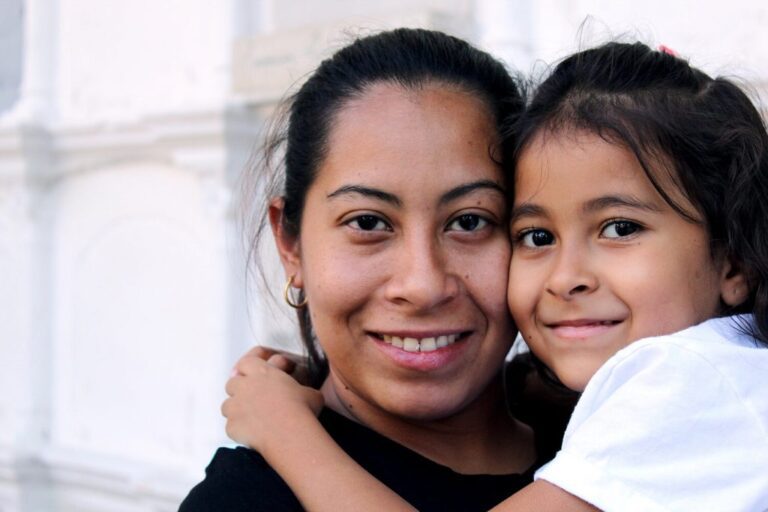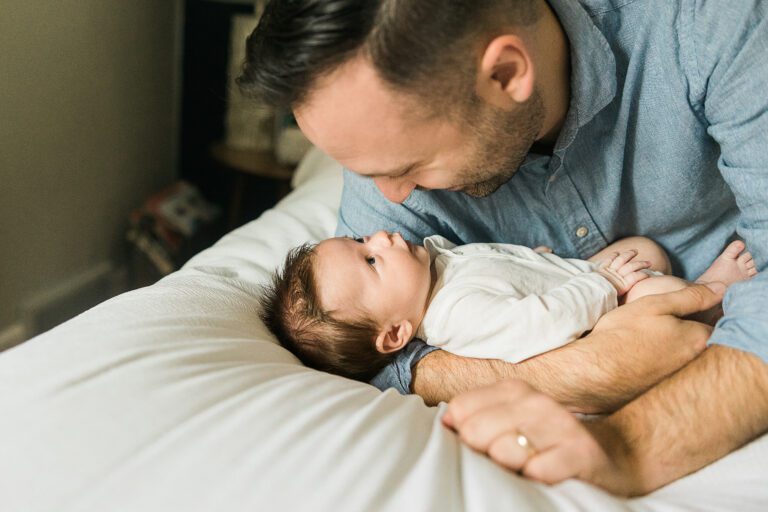Smart Starts for Children and Families
Building Upon Early Learning Innovations
On May 13-14, Ascend at the Aspen Institute convened a diverse circle of leaders for a series of conversations that highlight emerging themes for bold advances in the field of early childhood development. The forum includes insights from historians, experts in early care and education, practitioners, parents, policymakers, and philanthropists from across the nation. The event also included the release the report, Two Open Windows, Infant and Parent Neurobiological Change, that shares research, conducted by Dr. Sarah Watamura and Dr. Pilyoung Kim, University of Denver, on the neurobiology of parents and children in the paired sensitive period of early life and transitioning to parenting.
Learn more about the event here: /pages/smart-starts-for-children-and-families
On May 18, 1965, President Lyndon B. Johnson and Sargent Shriver stood in the Rose Garden and made a lasting commitment to America’s most disadvantaged children and established Project Head Start as the nation’s first comprehensive child development program. Head Start has served as the original two-generation program, bringing families and communities together to meet the educational, nutritional, social, and emotional needs of low-income children and families. Head Start has withstood the test of time and evolved under both Republican and Democratic Administrations as well as maintained extremely strong public support.
We are learning more every day about what accelerates children and families toward educational achievement and economic security, and we see opportunities for innovation and burgeoning political will in every community across the United States. This is the time for bold steps forward in the field of early childhood development: we are learning more every day about what accelerates children and families toward educational achievement and economic security and we see opportunities for innovation and burgeoning political will in every community across the United States.
Below, please find some of the speakers' sharings:


Blanca Enriquez, Director, Office of Head Start, Administration for Children & Families, US Department of Health and Human Services
Developing a relationship of respect with the family is one of the most critical components of Head Start. Every family comes in with strengths. All parents have value and want the best for their children. When we engage with respect, we create an environment of trust and openness. Once we, as providers, are trusted and understand what families need, only then can we can begin to offer tailored services, address the quality of life for our families, and meet the needs of our community partners.
For example, El Paso needed more bus drivers, so to meet the demand, our local Head Start program sponsored and trained parents to earn their Commercial Driver’s Licenses.
Photo: Department of Health and Human Services, Administration for Children and Families, Office of Head Start


Roberto Rodriguez, Deputy Assistant to the President for Education, White House Domestic Policy Council
What makes us exceptional is not just what we are doing with our economic influence, but the promise we make to our kids: No matter where they grow up, what their zip code, who they are, or how much their parents make, they can make it. That promise was at the heart of Head Start’s creation and President Johnson’s War on Poverty. The promise was at risk. We’ve made great strides since then, but economic mobility and inequality have continued to get worse. The opportunity gap that kids have to traverse in order to succeed is simply too wide.
Photo credit: Mary Morin, The Aspen Institute


When you involve parents, something contagious happens. This is something program models need to recognize. There is a universality in all families. And there are challenges with fathers across all income levels and commonality to the experiences. You don’t have to look far to discover them. We have to change the discourse from “them” to “us” and “we.”
Photo: Visible Men Academy http://www.vmacademy.org/vma-parent/parent-info/


Rynn Bell, Teacher’s Associate, Jefferson County Head Start
I’ve noticed that the positivity about it is infectious. Some people think that living in poverty is an environment. It’s actually a mindset.
Photo credit: JeffCo Prosperity Project, http://www.jeffcoschoolsfoundation.org/


Andi Phillips, Vice President, Urban Investment Group, Goldman Sachs
There seems to be a ground-swell of support around early education. I think the challenge is: How can we think about the funding differently so that we are using the money to drive better outcomes and reward better outcomes?
When we talk about financing for early education, I am agnostic about whether you are a nonprofit or for-profit. I want to know if you have a good project that is going to drive the outcomes we are looking for. How can we use this growing interest to think differently about the funding streams?
Photo credit: Mary Morin, The Aspen Institute


Sarah Enos Watamura: The Toxic Stress Framework: Why do we think of parents as our main agents of change?
Even while sleeping, infants track family conflict. Those who have more exposure to family conflict appear to track angry adult voices more intensely
[We have to remember that] there is no level playing field. We come to the table with different predispositions— we are all products of all that has happened to us.
Photo credit: Mary Morin, Aspen Institute; Graphic, Ascend at the Aspen Institute "Two Open Windows, Infant and Parent Neurobiological Change"
Related Posts






